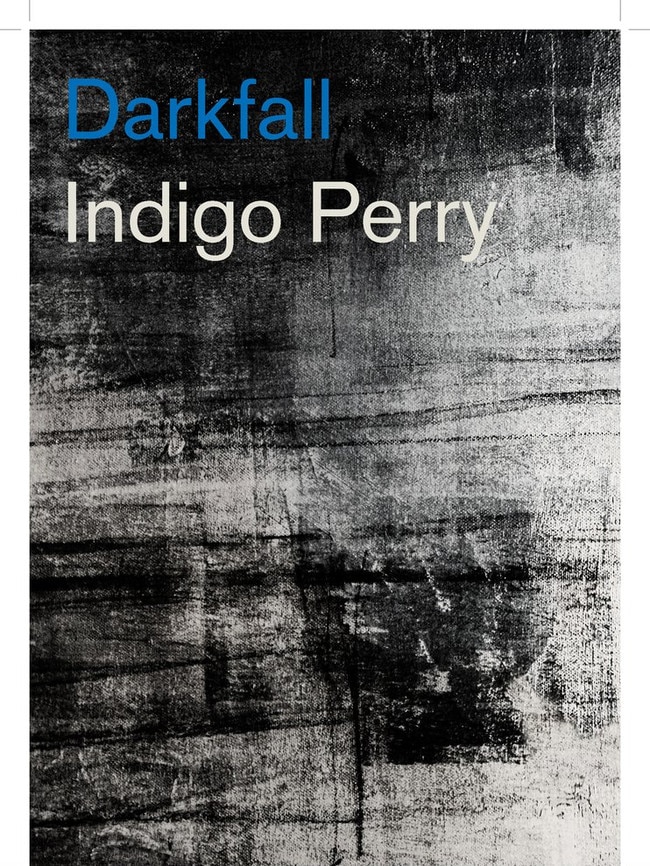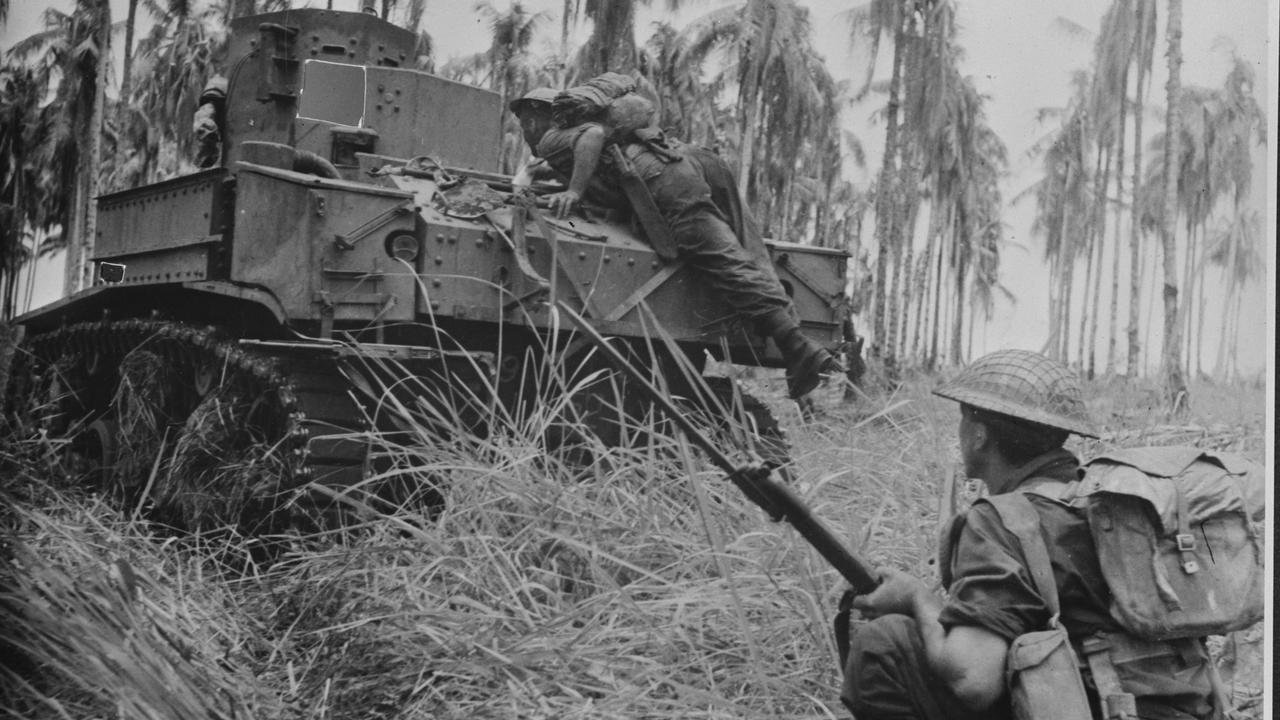Perry’s Darkfall: The loneliness of growing up a girl
A raw account of growing up in 1980s Australia shows the social triumph of even the prettiest teenage girls is a Pyrrhic victory.

Grief and fear and misery are ever-present in the lives of women in patriarchal societies; the more so, the more “unreconstructed” the milieu.
Exploring that in writing is tricky. Sociological writing can be dry. Fiction requires creative skill, sympathy and philosophical depth. Or one writes memoir, which risks melodrama or self-indulgence of a sense of “Why am I reading this?”, despite the gravity of the subject matter.
Indigo Perry’s Darkfall is memoir, an invocation of adolescence in rural Australia in the 1980s when the boys were predatory and the girls were prey. It is a page-turner.
Her writing is elegiac, rare in Australian writing. The rhythm is graceful and sophisticated. The timbre is calm and unsurprised no matter what is being described. All of that camouflages gendered violence with two effects.
First, the reader isn’t moved to put down the book at every fresh mortification. Second, how toxic masculinity can continue even in a small community — the absorption in normalcy, the fear of being outcast — becomes clear.
So is the terrible reality that the end of abuse — from slavery to sexist domination — is only enabled by the “woke” among the tormenting group. The British parliament, in our tradition, voted to outlaw the slave trade; the landed gentry voted for universal suffrage.
So the presence of kind men in the life of Perry’s third-person subject, “she”, allow her to survive. The epigraph that begins Darkfall is a quote from the Australian poet Michael Dransfield:
love
let live
all who are different or strange
cherish your freaks and bastards
“She” isn’t pretty and she’s not cool. Boys bark at her in the school ground and while walking home. Elbows and kicks come out of nowhere. As she grows a little older, the merest hint of sexuality around her leads to murmurs and calls of “slut”. Girls accuse her of perpetrating bad things that happen in the cohort. She has no friends.
Perry has organised her book in brief vignettes. Each chapter is titled with a pop song that didn’t reach her in time to offer an escape or a grounding. Her hero was Boy George and she posted pictures of him all over her walls, aided by her mother until she realised where his ambivalence could be leading her daughter.
Darkfall begins with a two-page playlist, a “score”, that includes all kinds of rebellious celebrations and dirges, from The Velvet Underground’s Sweet Jane to Dazzle by Siouxsie and the Banshees to Iggy Pop’s China Girl. There are 60 in all.
“Her” father is a butcher and her mother serves in their shop, which gives her lots of free time away from supervision — something schoolchildren used to take for granted. She has two places to escape to: physically, to a nearby mountaintop from which she surveys and meditates on the real world, and mentally to an interior existence that allows her psychological space but also gives rise to nightmares.

She often wanders the deserted streets at night when she can’t sleep, climbing out of a window and taking off, safe in her solitude.
Her father is kind. Men of the town come to him when in trouble, in the dead of night when no one else will see their tears. Her mother is supportive but strict. She won’t, for example, entertain the idea of her daughter staying home from school the day after a particularly dreadful bullying. Her brother swings between derision and intimacy: she is the only one to whom he will confess his own traumas while watching the cruelties of the world around him.
After her mother forbids her to stay home from school, she runs away. Eventually, her parents realise and she is listed missing. The whole town turns out to search for her and fears are held for her life. When she returns, some girls apologise and she is let into the school’s social life, though the worst tormentors continue to torment.
What she sees at parties, including the gang rape of a girl passed out from drink, and what she experiences as boys pretend to like her and walk away shouting “slut”, doesn’t make her wish to join in. Eventually, a boy who genuinely treasures her, and stands up for her, gives her a new perspective on herself. It doesn’t last, but it helps.
Perry teaches writing and literature at Deakin University in Melbourne. Her first book was also autobiographical, Midnight Water: A Memoir (2004). It was published under another name, Gaylene Perry, to high praise.
Her writing is demanding and illuminating. Like the best personal writing, it doesn’t just speak to the writer’s experience, but to a moment in a particular society. Its mixture of clarity and poetry remind me of David Malouf in a way, though their styles are very different.
Malouf’s The Valley of the Lagoons came to mind. This short story about the dominating violence of young men is told with some tenderness from the perspective of a bookish gay man who doesn’t really fit in. Perry’s is told from the point of view of the 50 per cent of the population who can’t ever fit in. The social triumph of even the prettiest teenage girls is a Pyrrhic victory.
Miriam Cosic is a journalist and author.



To join the conversation, please log in. Don't have an account? Register
Join the conversation, you are commenting as Logout